Unlocking the Power of Shape: How SlicerSALT Enables High-Dimensional Biomarker Discovery
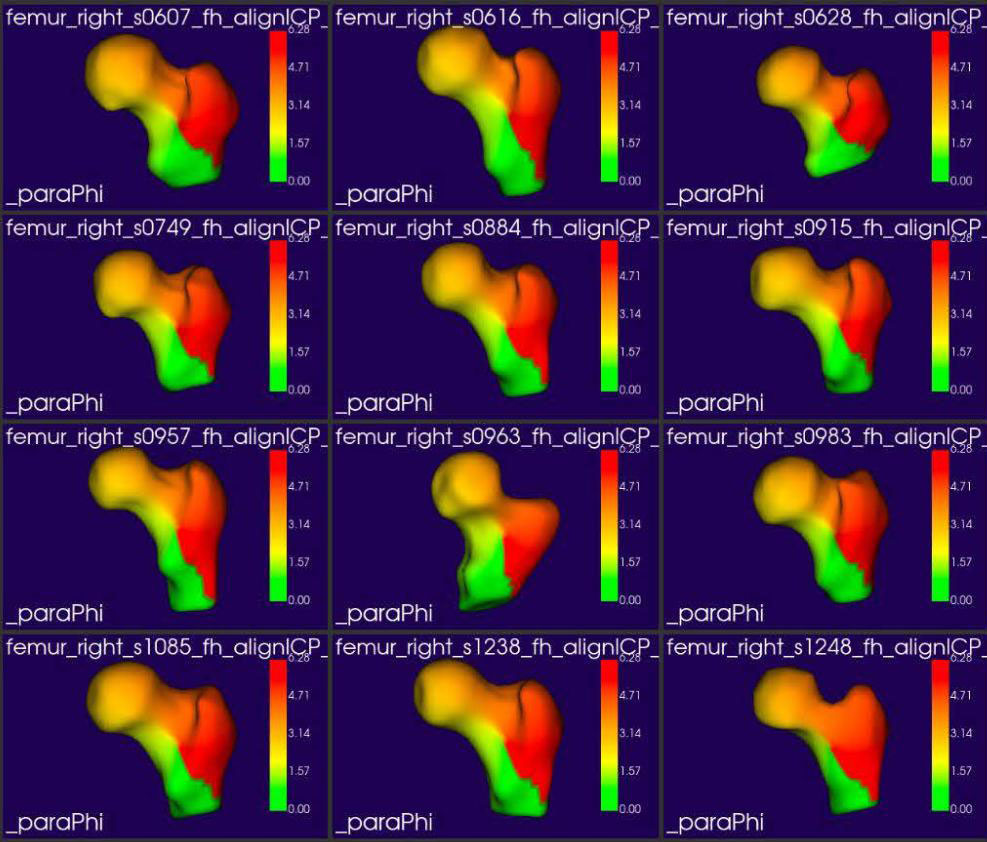
In the evolving world of medical research and personalized healthcare, shape is emerging as a powerful and underutilized biomarker. It’s more than just form—shape encodes essential spatial, structural, and even functional information about organs, tissues, and disease processes. Understanding and analyzing these shapes can help predict disease progression, improve treatment planning, and design more personalized interventions.
At Kitware, we’re helping researchers and product developers tap into the full potential of shape analysis through SlicerSALT—a powerful open source platform built on 3D Slicer. We recently hosted a webinar exploring how SlicerSALT supports statistical shape analysis, demonstrating its capabilities through real-world case studies and a live demo. The webinar recording is now available to watch for free →
Why Shape Matters in Medicine
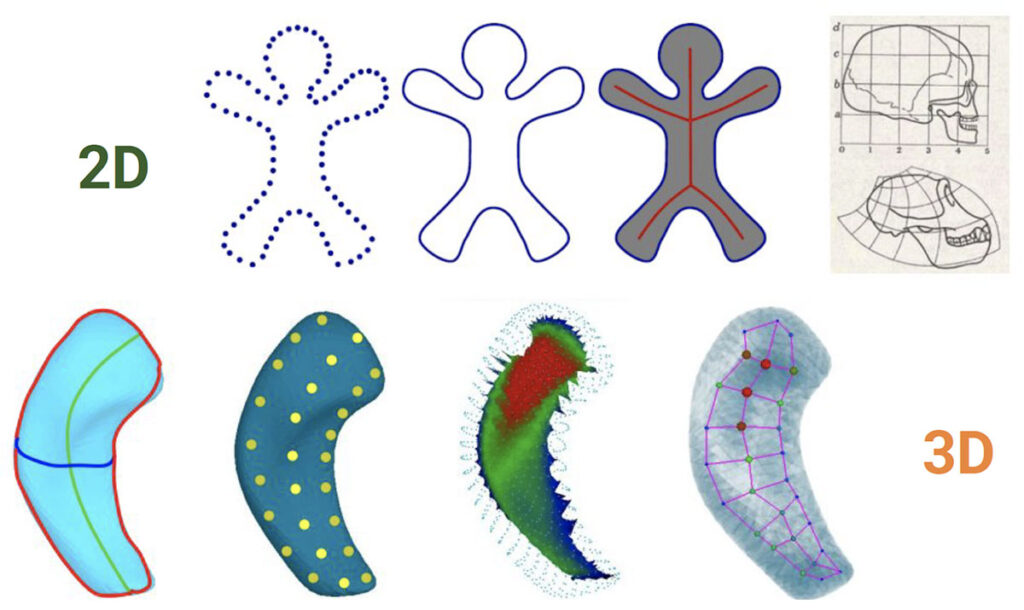
Shape isn’t just aesthetic—it’s functional. In medical imaging and diagnostics, shape captures nuances that traditional intensity-based methods might miss. For instance, anatomical deformations or variations in organ structures can serve as early indicators of disease, even before symptoms appear.
Statistical shape models enable:
- Predictive diagnostics for earlier intervention.
- Stratification of disease populations based on geometry.
- Simulation of treatment responses tailored to patient-specific anatomy.
By treating shape as data, researchers can uncover high-dimensional biomarkers that go far beyond traditional metrics.
What Is SlicerSALT?
SlicerSALT (Statistical Anatomy Learning Toolbox) is an open source platform designed for statistical shape analysis. It includes robust tools for:
- Data import and quality control
- Shape representations such as SPHARM-PDM and skeletal models (s-reps)
- Population-level analysis, such as principal component analysis (PCA)
- Machine learning techniques like Distance Weighted Discrimination (DWD)
- Pipeline customization to create reproducible workflows
From segmentation to visualization to analysis, SlicerSALT provides an end-to-end solution for working with shape data in a reproducible, extensible environment.
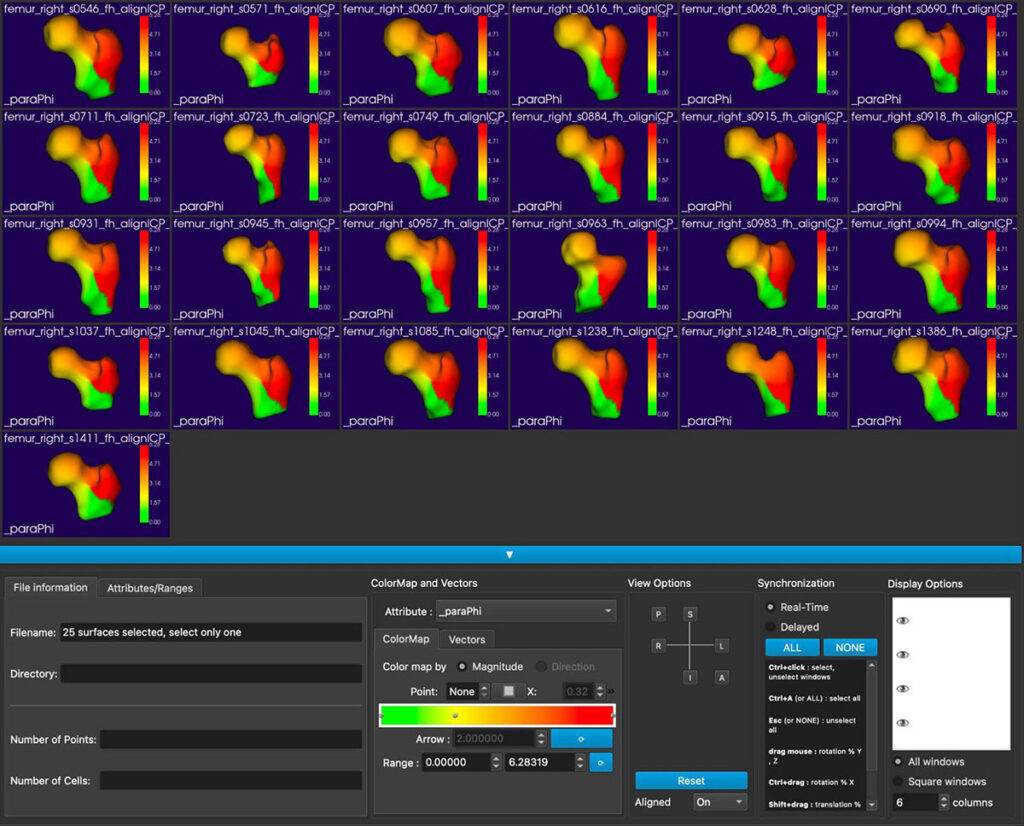
Real-World Impact: Three Case Studies
- Tricuspid Valve Stratification
Using DWD and PCA, researchers classified patient populations based on valve shape, enabling stratification by severity of regurgitation. This geometric approach complements functional assessments and supports more nuanced clinical decisions.
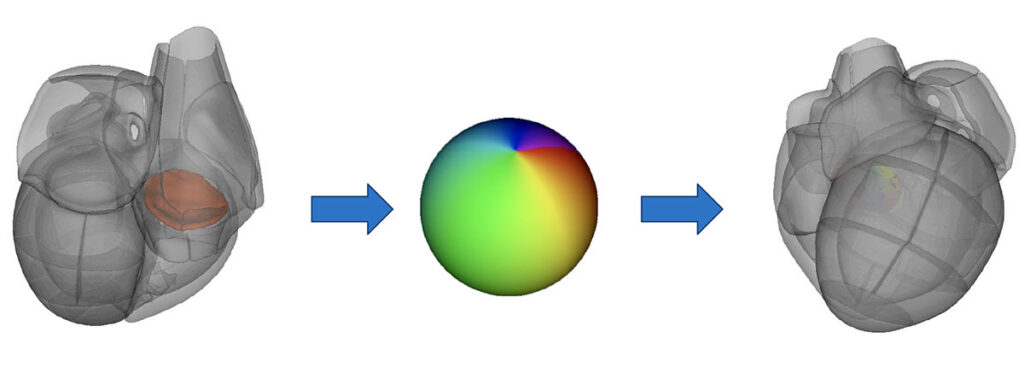
- Pediatric Growth Modeling
By analyzing a large dataset of healthy children, researchers constructed a shape-based model of spinal growth. This kind of modeling supports normative baselines critical for identifying pediatric skeletal disorders such as scoliosis.
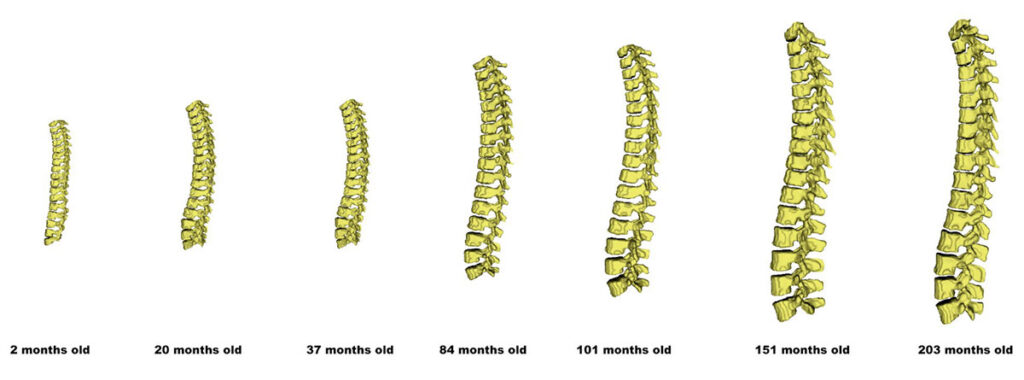
- Autism Prediction in Infants
Skeletal models of the hippocampus were applied to MRI scans of infants with autistic siblings. A classifier trained on these models achieved state-of-the-art performance in identifying which children would go on to develop autism—outperforming traditional mesh or image deformation techniques.

Watch the webinar recording for more details about these examples and how shape analysis can lead to earlier detection, better stratification, and more personalized care.
Customization and Support for Your Research
SlicerSALT is fully open source, but if your team needs help getting started or tailoring it to your specific needs, Kitware offers advanced support and customization services. Whether you want to build custom workflows, integrate deep learning models, or deploy the software at scale, our team of domain experts can help. Contact us to schedule a meeting with our developers.